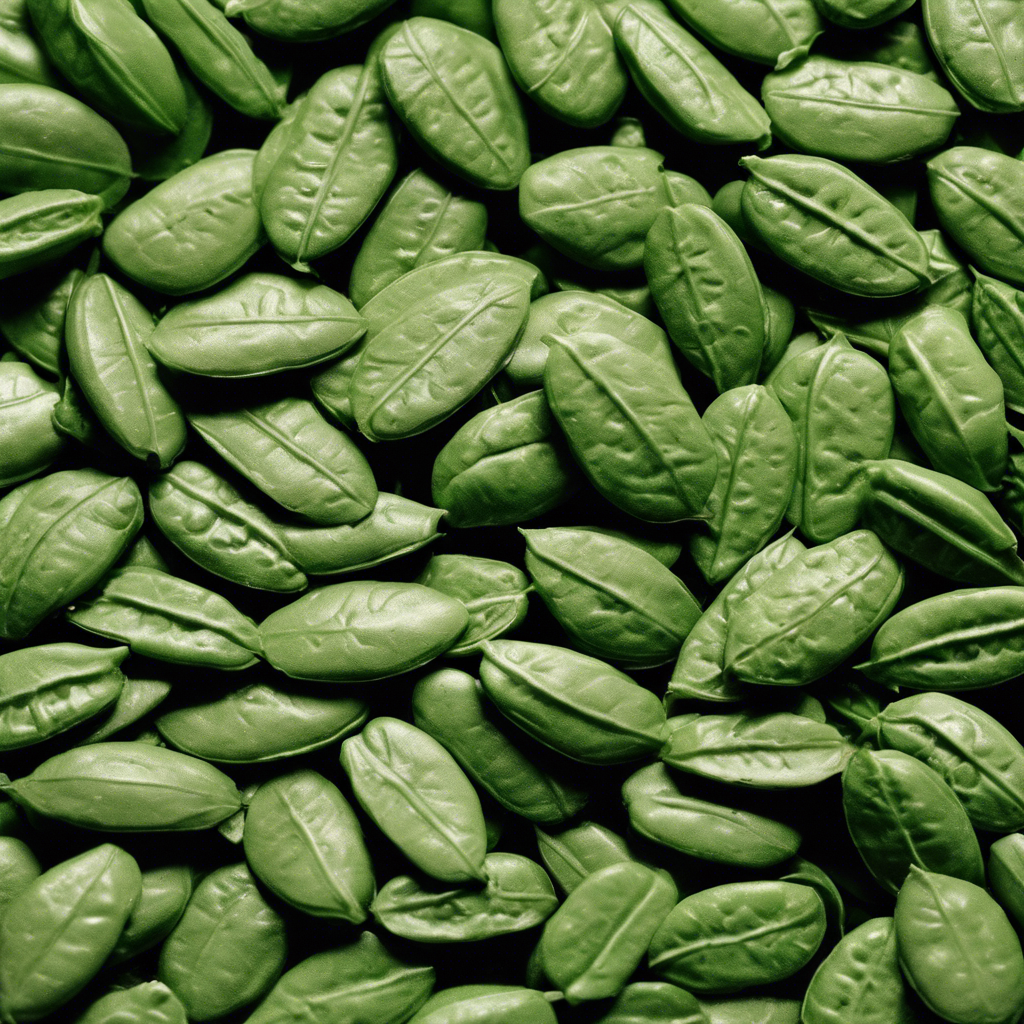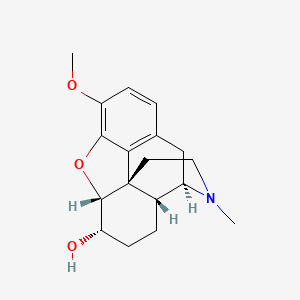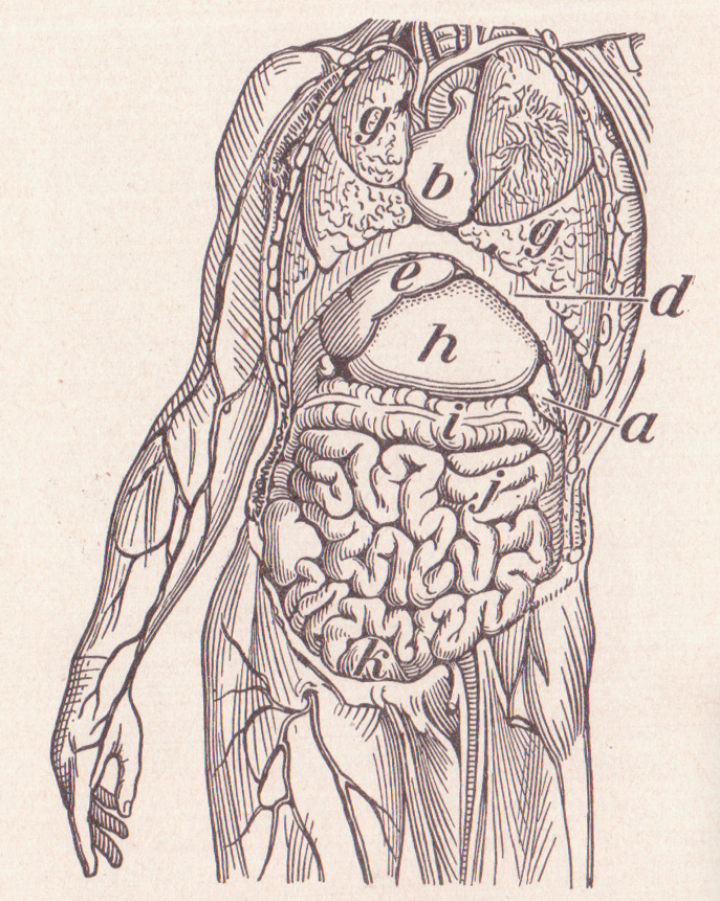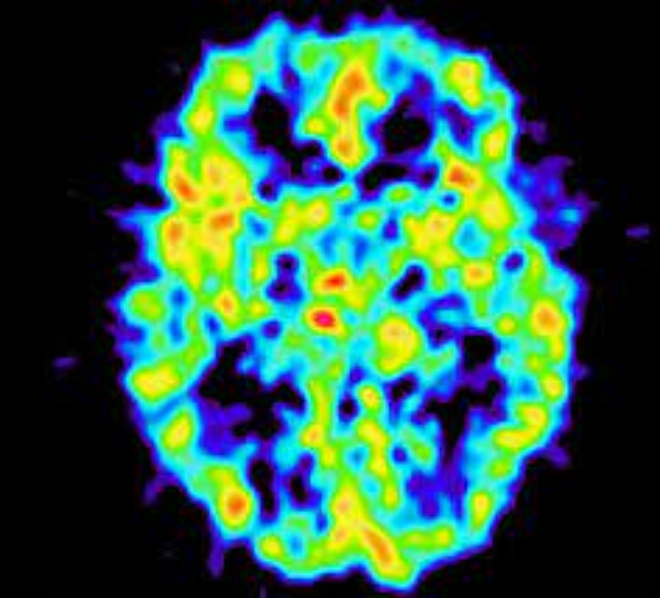|
Name: Dihydrocodeine preparations 100mg/(100 ml or 100 gm)
Type: Opioid
AKA: Cophene-S, various others

|
|
II. Natural Derivative
Synthetic substance, no natural derivative

|
|
III. Chemical Profile (IUPAC name)

|
|
IV. History
Dihydrocodeine, an opioid analgesic, has been used since the 1920s for pain relief and cough suppression. It is commonly found in various preparations, including tablets and liquid forms, with dosages typically around 100 mg. The drug is utilized in clinical settings for managing moderate pain and as a cough suppressant. Over the years, dihydrocodeine has faced scrutiny due to its potential for abuse and addiction, leading to tighter regulations and controlled use in medical practice.

|
|
V. Legal Information
Dihydrocodeine preparations are regulated due to their opioid content. In the US, they may be classified under Schedule III or IV, depending on the formulation and use. Globally, their legal status reflects efforts to manage opioid use while preventing misuse.
US Federal Schedule - V
Schedule V drugs, substances, or chemicals are defined as drugs with lower potential for abuse than Schedule IV and consist of preparations containing limited quantities of certain narcotics. Schedule V drugs are generally used for antidiarrheal, antitussive, and analgesic purposes. Some examples of Schedule V drugs are: cough preparations with less than 200 milligrams of codeine or per 100 milliliters (Robitussin AC), Lomotil, Motofen, Lyrica, Parepectolin.
Key US Federal Policies:
Controlled Substances Act. Public Law: Public Law 91-513 (text can be found on GovInfo) (https://www.dea.gov/drug-information/csa). Date enacted: October 27, 1970.
|
|
VI. Physical Effects
Dihydrocodeine, an opioid analgesic, is used for pain relief and cough suppression. As a downer, it induces significant sedation and pain relief. Short-term effects include reduced pain and cough, while long-term use can lead to dependence and tolerance. Overdose risks involve severe respiratory depression and potential fatality. Safe dosing involves medical supervision. Recent research highlights its efficacy and risks of misuse.  |
|
VII. Psychological Effects
Dihydrocodeine preparations, opioids, affect opioid receptors to produce analgesia and mood alteration. Immediate effects include euphoria and cognitive impairment, with long-term use carrying risks of dependence and mental health issues. Research focuses on its efficacy and abuse potential.
 |
|
VIII. Culture
Dihydrocodeine is an opioid analgesic used for pain relief and cough suppression, classifying it as a downer. Short-term use alleviates pain and suppresses cough, while long-term use can lead to dependence and tolerance. Overdose risks are high, causing respiratory depression and potentially fatal outcomes. Safe dosages are medically prescribed, typically under 30 mg per dose. Recent findings emphasize cautious prescribing due to addiction risks. Physical effects include drowsiness, constricted pupils, and respiratory depression.
 |
